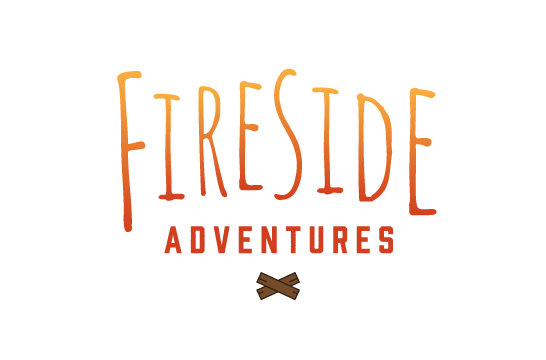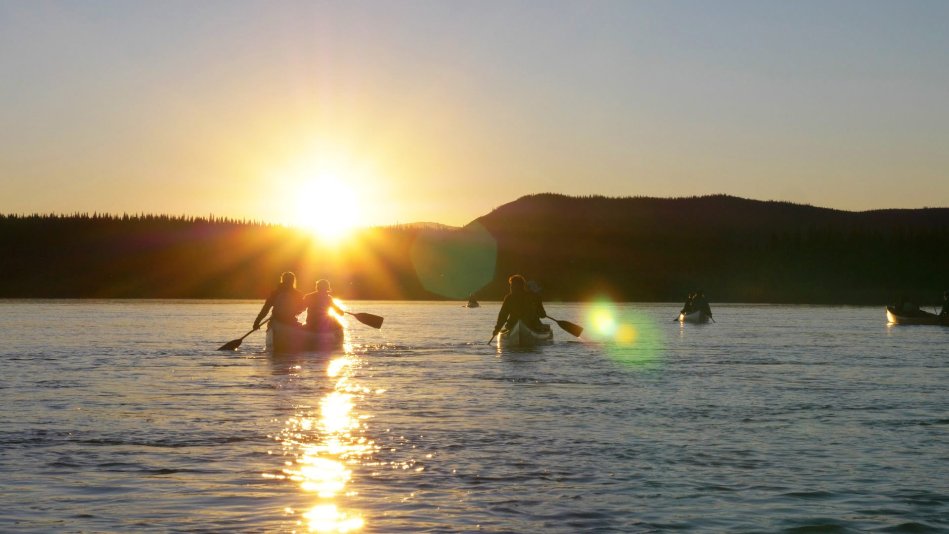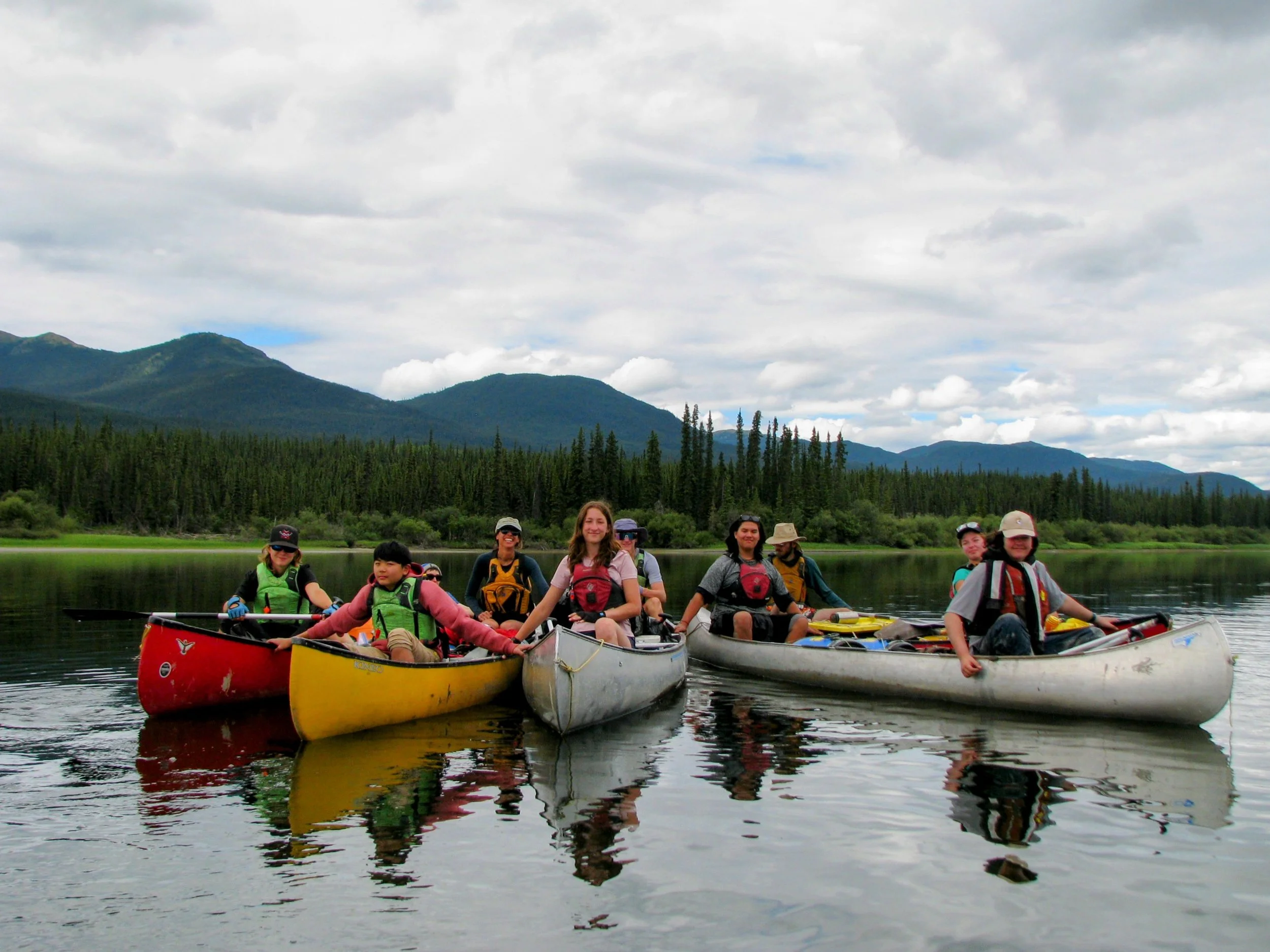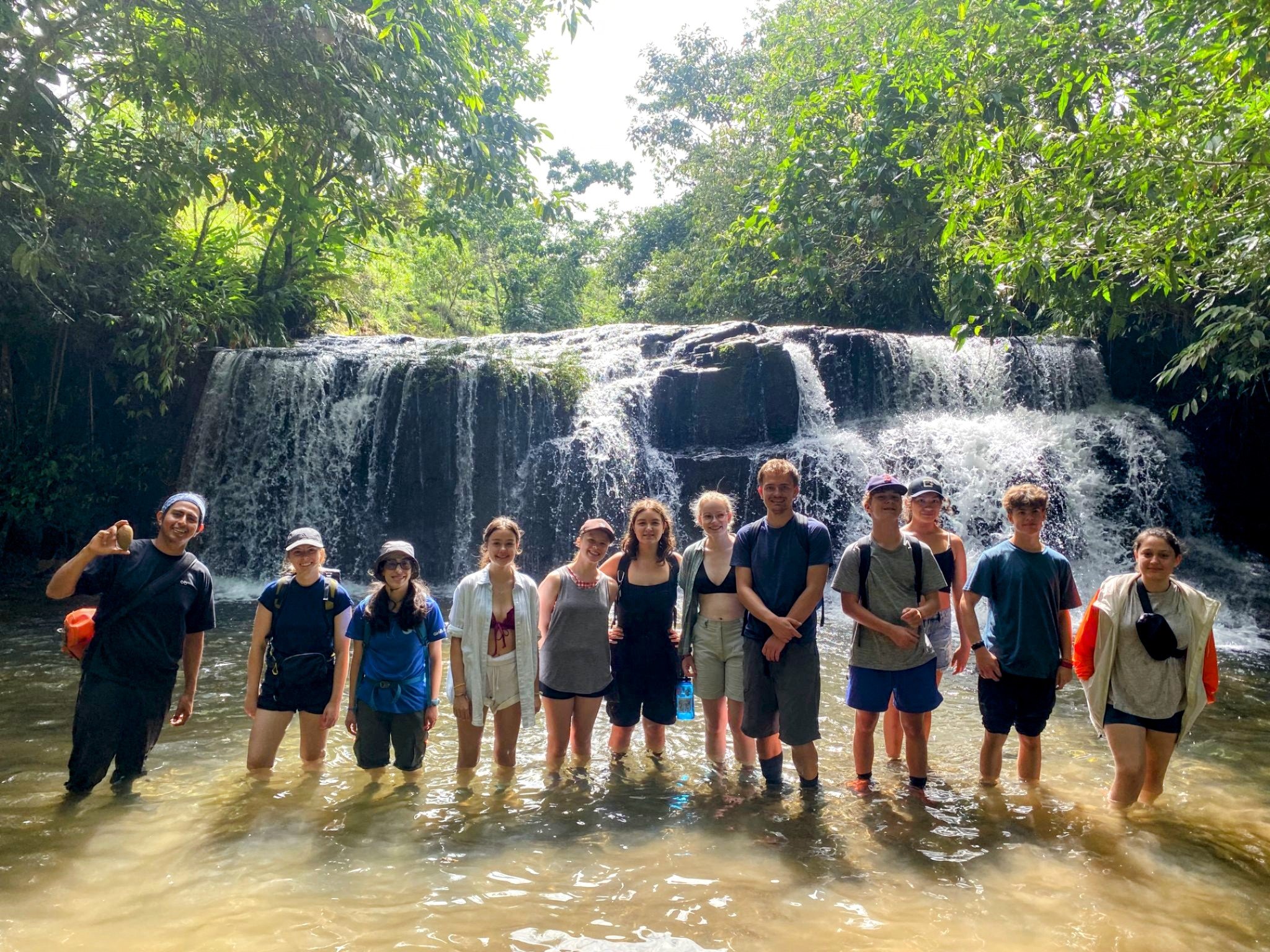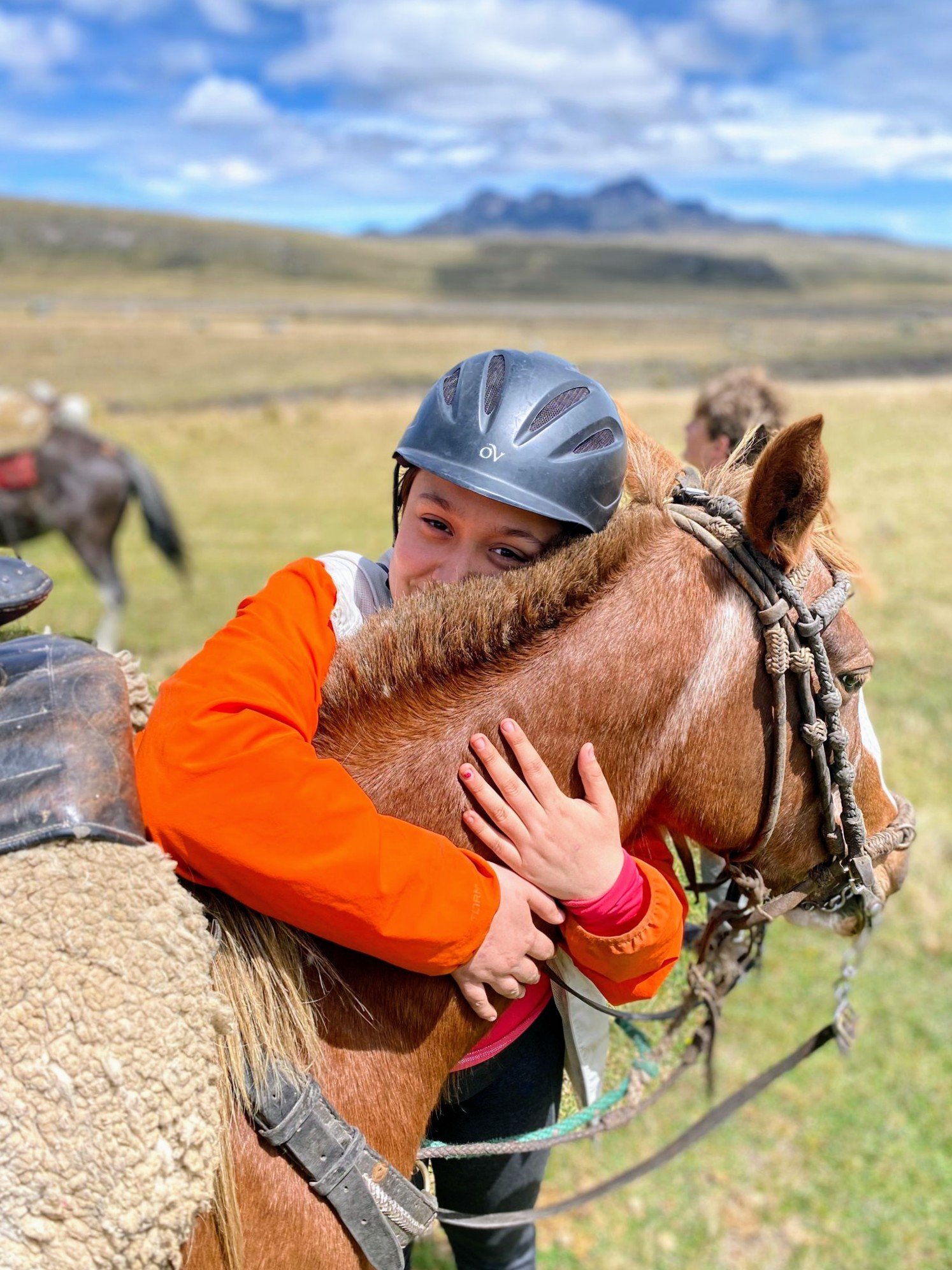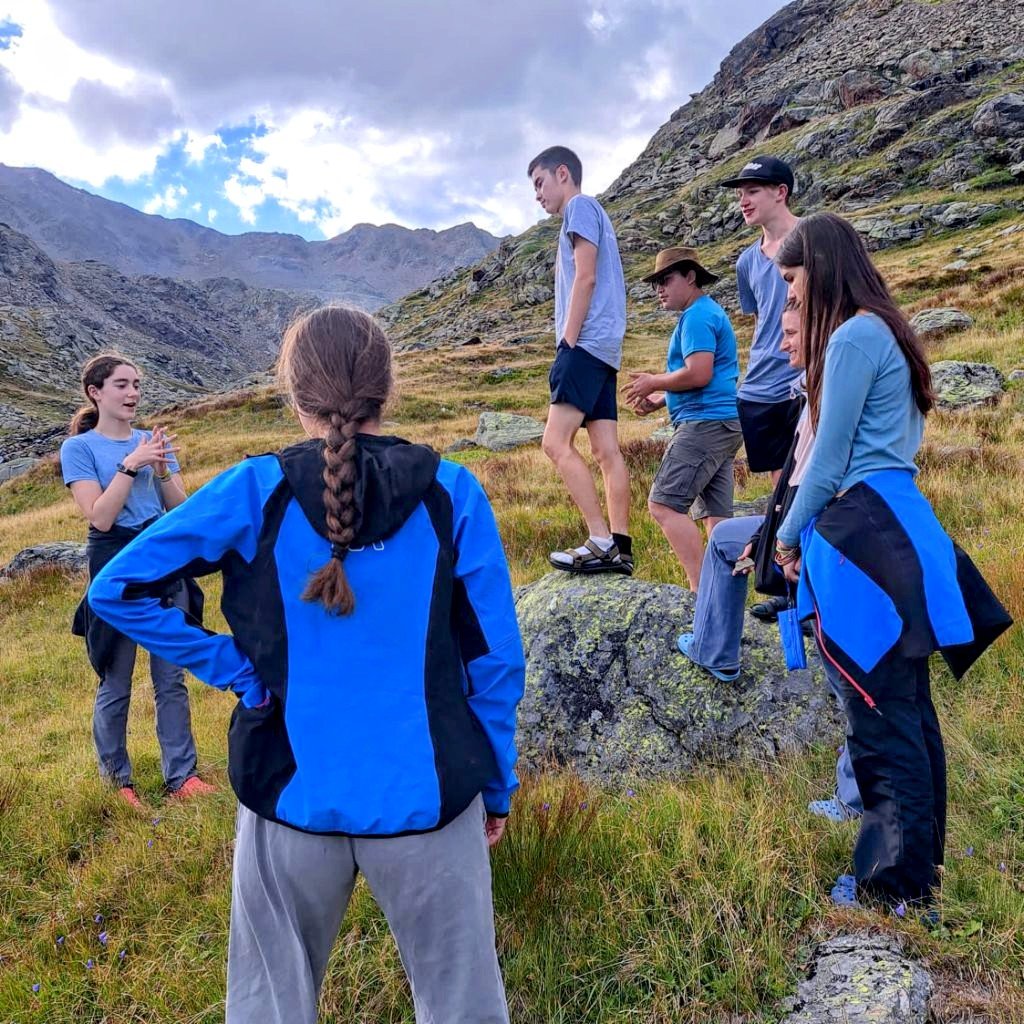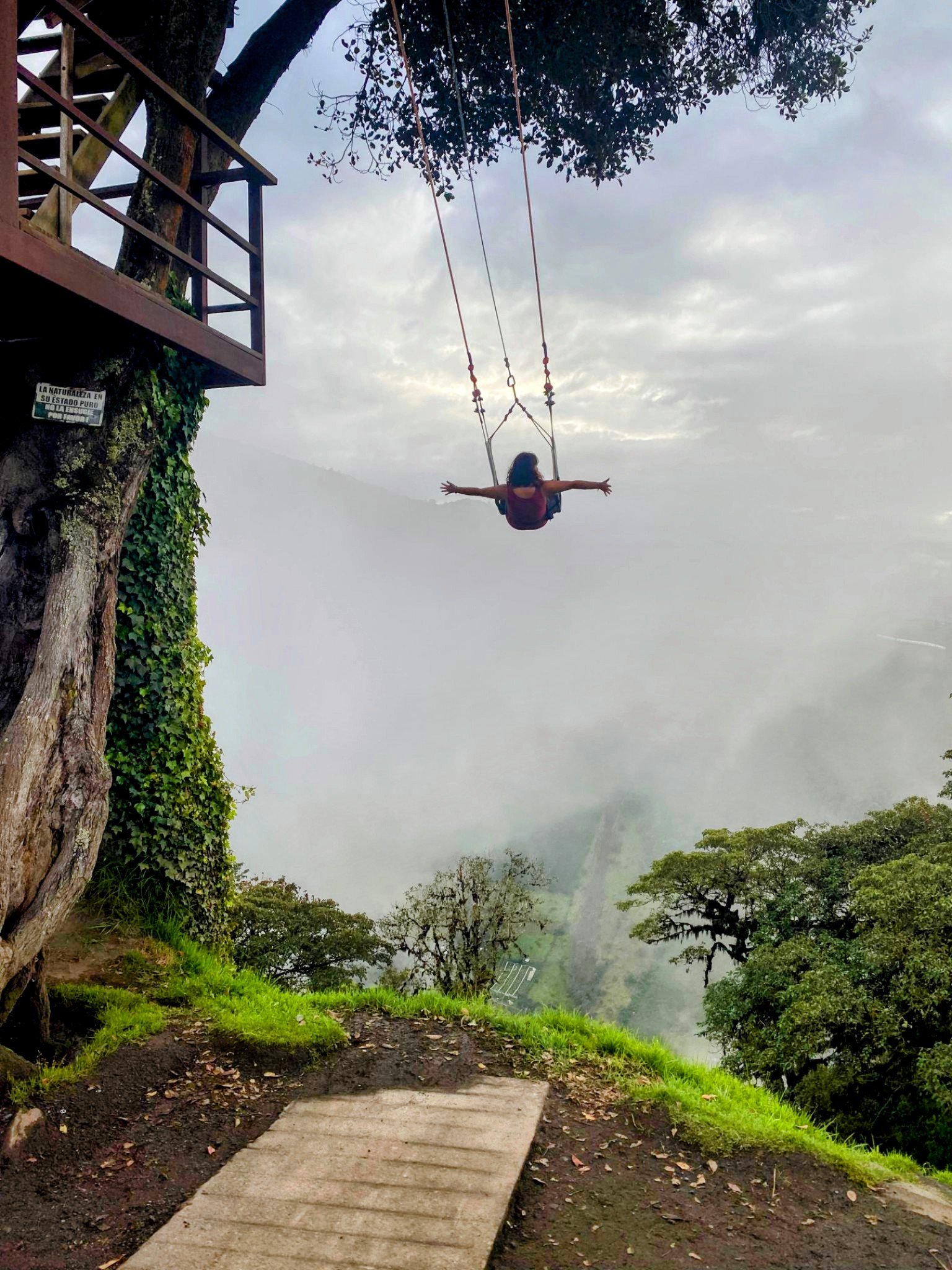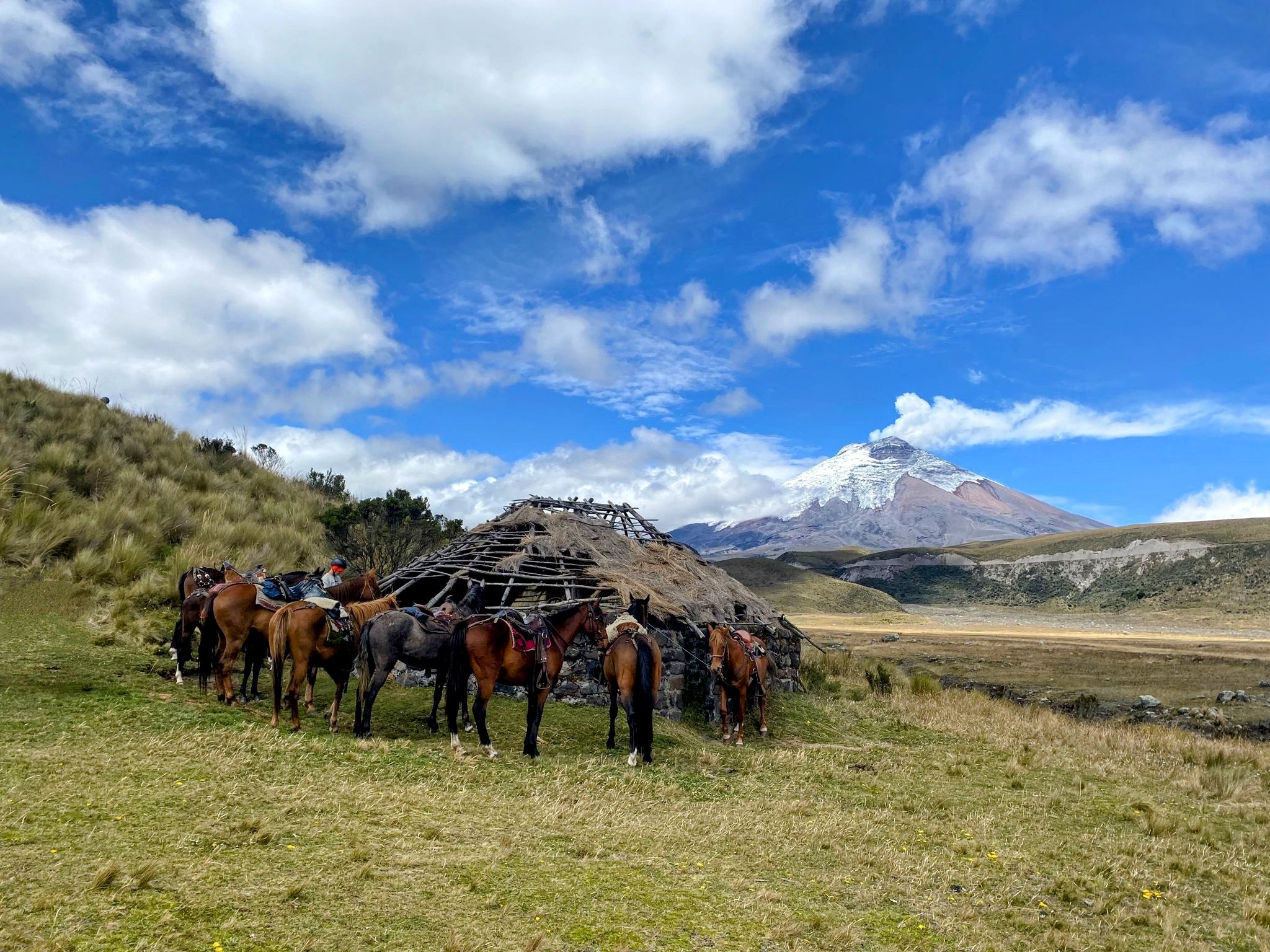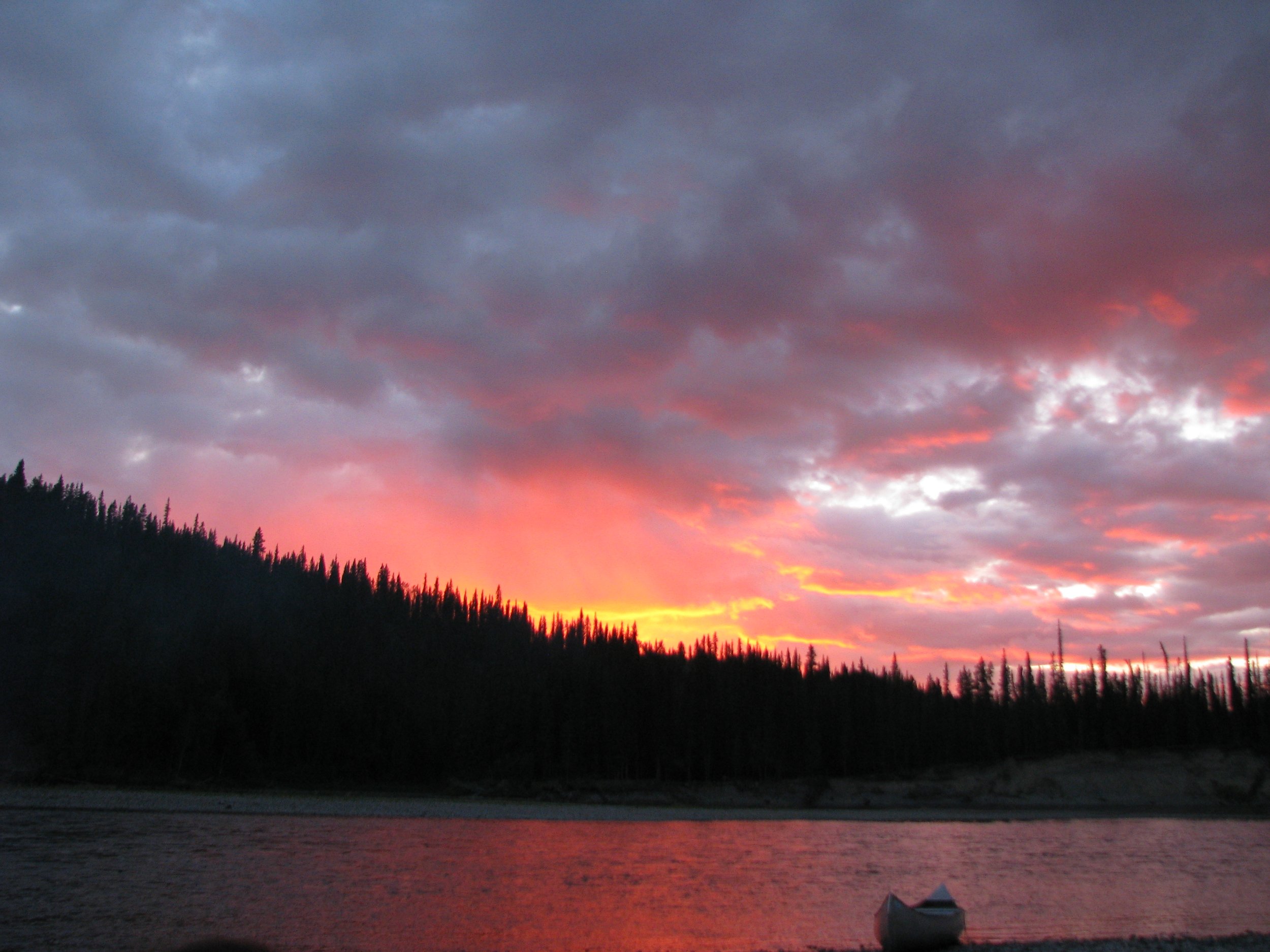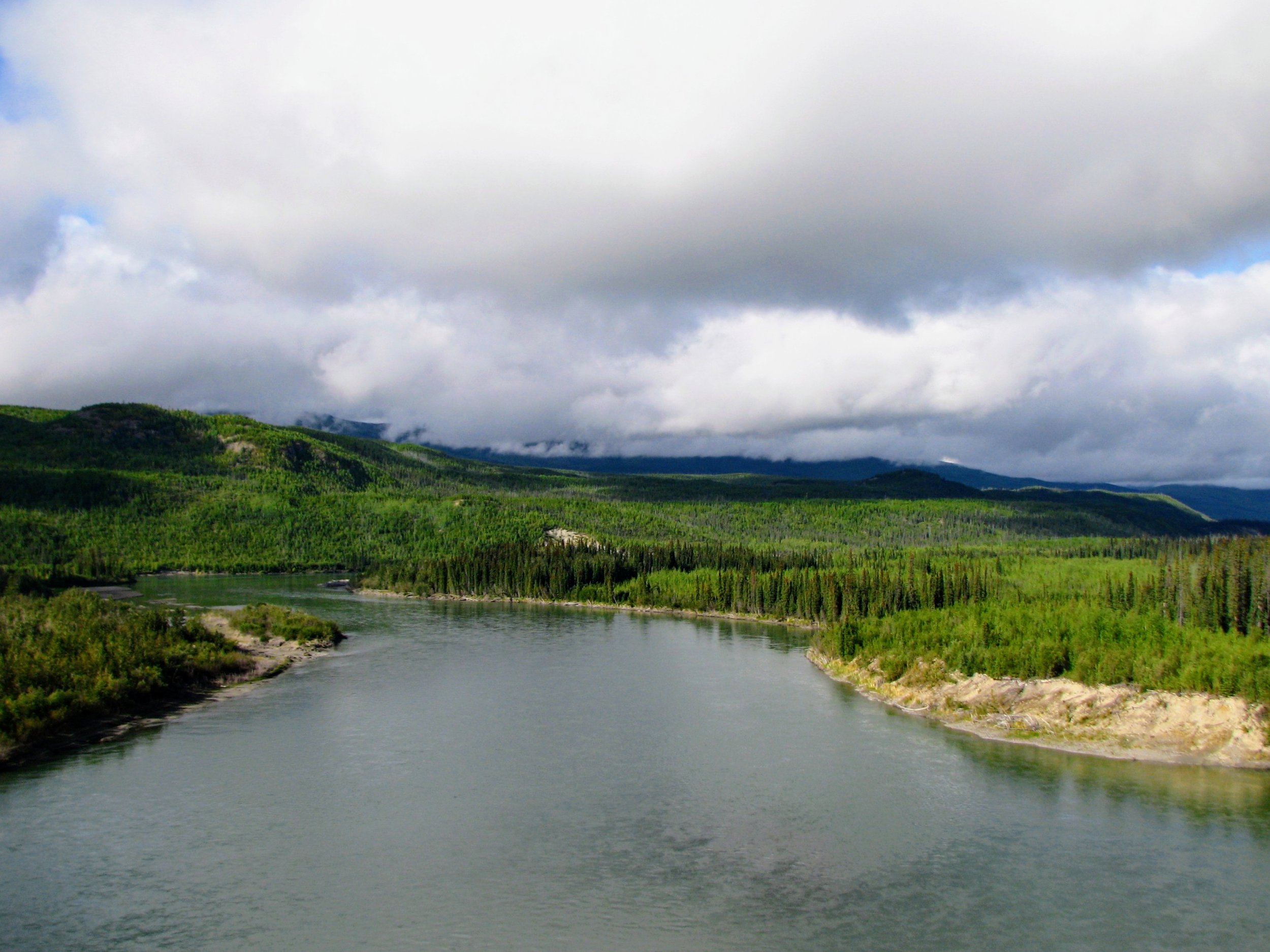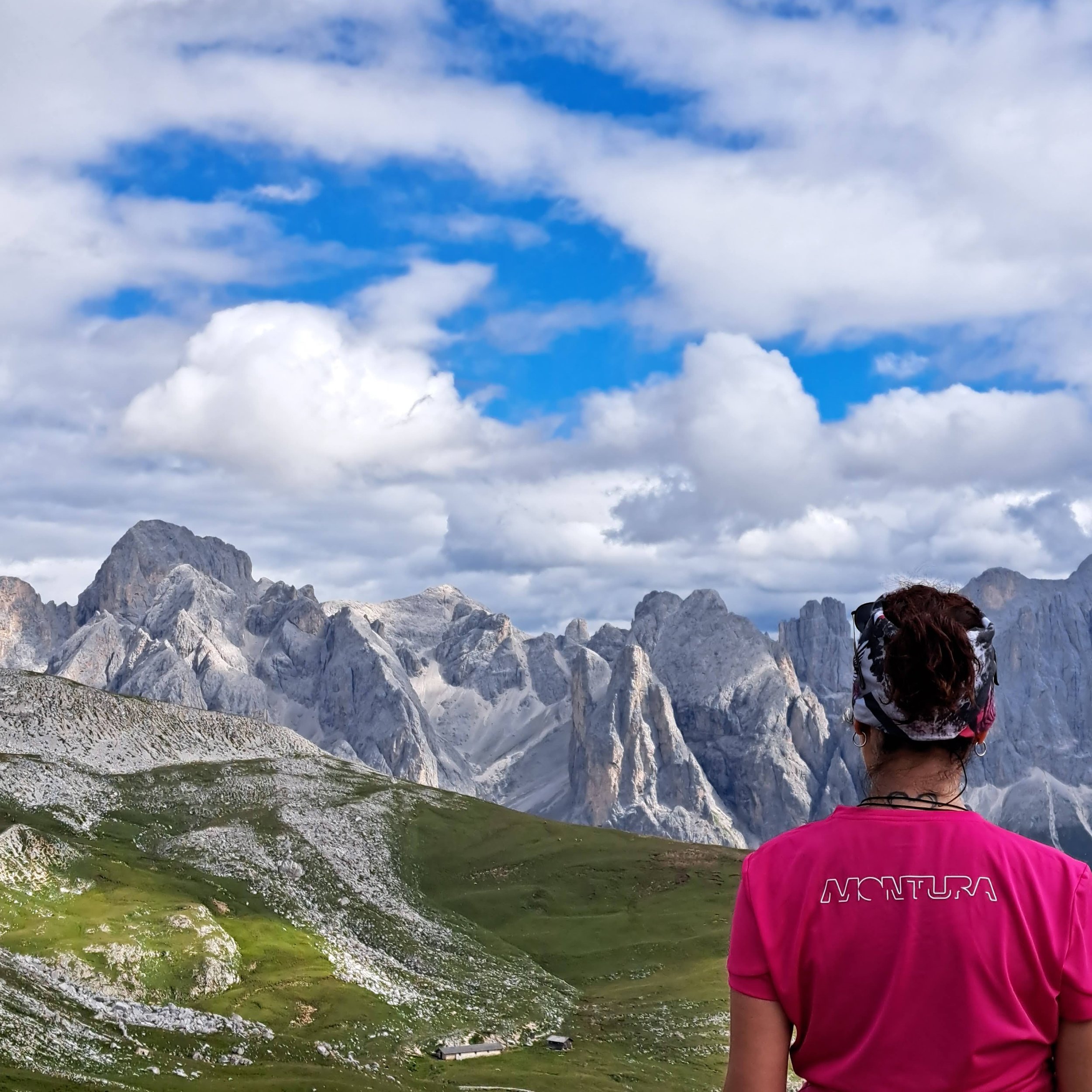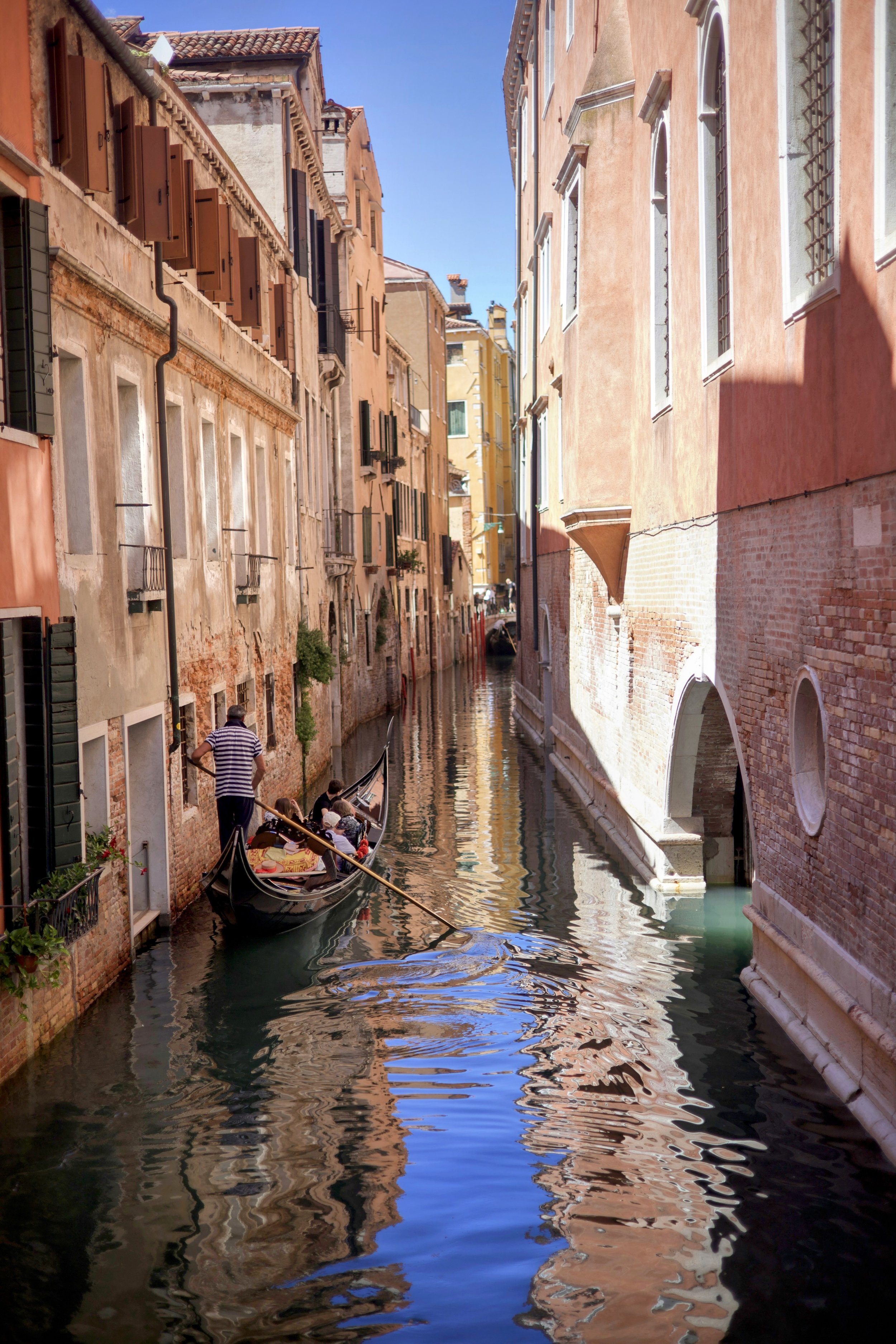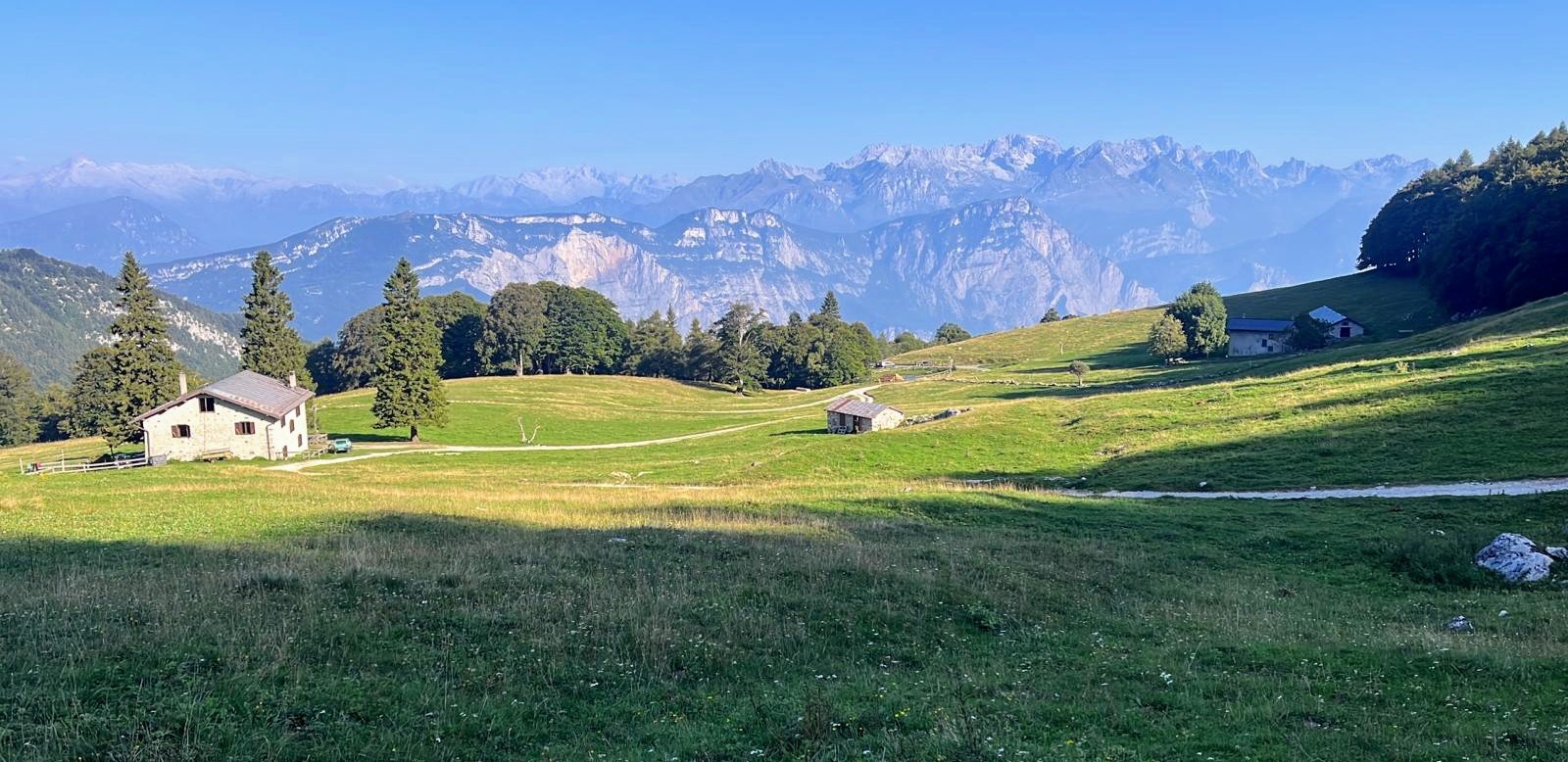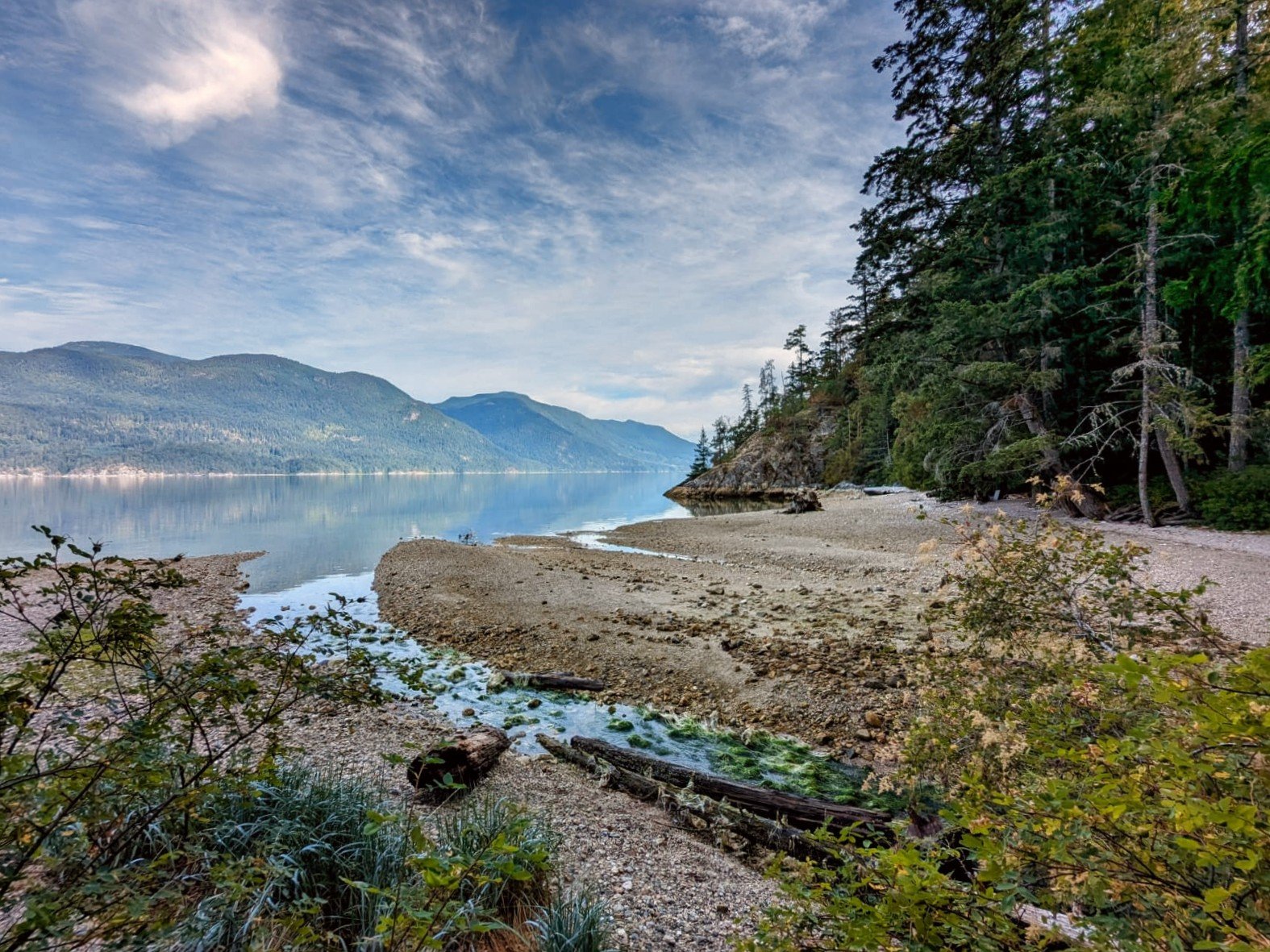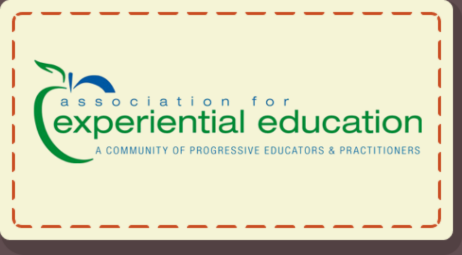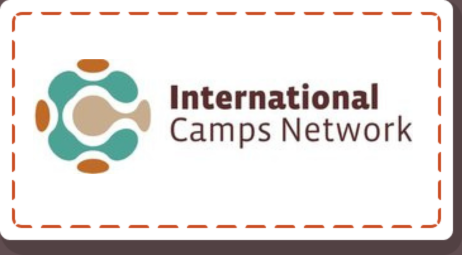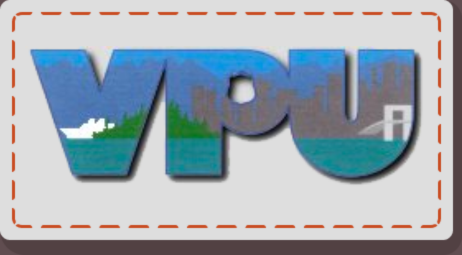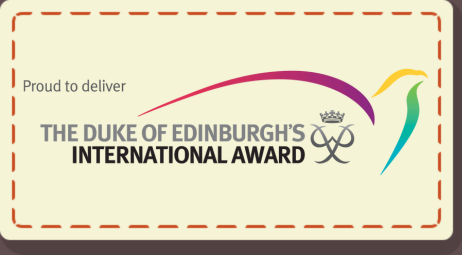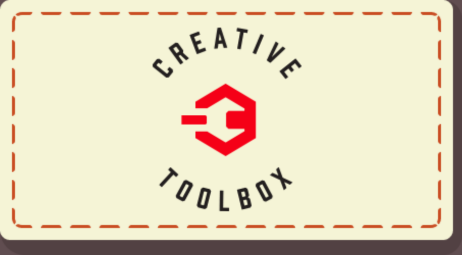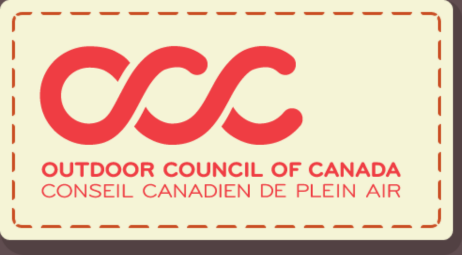Home > What is World Bound?
World Bound: Climate Leadership Courses
Empowering youths and educators to become climate leaders through place-based, experiential, climate change education
Our motivation for creating the World Bound Climate Courses
At this point, it’s clear that climate change is the defining issue of our time.
The reality is that climate change poses a massive and rapidly worsening threat to life on Earth. Even if it does not drive humanity to extinction, climate change will kill millions of people and cause the suffering of billions. Climate change is a problem so overwhelming that it begins to eclipse any possibility of action, any hope of solution, driving many into despair, ambivalence, or apathy.
At this point, it’s also clear that we’re not adapting to this crisis quickly or successfully.
A new approach to climate change is needed – our future depends on it. This doesn’t mean a new approach to recycling. This doesn’t even mean a new approach to fuelling our vehicles. The climate crisis needs us to think bigger. What we need is a new approach to leadership, to education, to how we prepare our children to meet a climate crisis future.
While many of humanity’s failures to address the climate crisis are absurd, chief among them is our education systems’ inability to meaningfully address the threat of climate change. In Canada, less than half of provincial and territorial curriculums include any climate change content. The situation is little different internationally: what countries that do include climate change in their curricula do so in a shallow and disconnected manner. Simply put, our education system is failing to adequately prepare our children for the broken future they will inherit.
To change this, we need to get creative.
At Fireside, we know that education has the power to rewrite, reframe, and restore our relationship with the natural world that we are destroying. So, Fireside decided to do something so common sense that it’s radical. We began to work with passionate and gifted people to give our children and our educators what they are asking for: experiences that teach them the skills they need to return home as climate leaders in their own communities.
At its core, the World Bound project is about inspiring and empowering both our youth and our educators to find hope in the most hopeless of circumstances. Through our pioneering World Bound Climate Change Curriculum and workshops, we intend to provide our youth and educators with the opportunity to be what they are: humanity’s best hope for a better future.
Climate activism from two perspectives
When we piloted our first World Bound expedition, our intention was to have this be an experience for young people who felt their education system had failed them. The experience for our World Bound youths was more powerful than we could have hoped, but one comment kept coming up: “Our teachers should get to do this too.” This piece of insight challenged us to take the motto ‘we’re all in this together’ even more seriously. This year, we are providing two kinds of experience: World Bound Youth and World Bound Educators. Our goal is to provide two experiences for each location that will overlap so that youths and educators can meet and synthesize their ideas, goals, and experiences.
Yukon (July 19 – 28, 2024) | Ecuador (July 5–15, 2024) | Italy (Aug 3–13, 2024)
This experience is designed for educators who want to undertake a unique professional development adventure that will empower them open their minds, build lasting connections, and learn the skills needed to return home as climate leaders. Participants will have the opportunity to participate in hands-on climate education workshops, collaborate on the World Bound Educator Workbook, connect with diverse educational lenses, become a Duke of Edinburgh Assessor, and learn how to take concrete climate action. We are dedicated to helping educators access professional development funding, please contact us for support.
Canada (July 1–21 & July 23–Aug 12, 2024) | Italy (Aug 1–21, 2024) | Japan (June 30–July 21 & July 23–August 12, 2024) | Ecuador (2025)
World Bound Youth is all about combining meaningful skill-building, leadership training, and outdoor adventure travel to help young people build resilience and understanding through a climate change lens. No matter which location you choose, we work with youths to provide a climate education adventure that will help them find their place and prepare for their future in an ever-changing world. Our Youth programs are tailored for 13–18 year olds and our Young Adult programs are tailored for 19–30 year olds.
A Personal Note on World Bound
“I have searched and searched for a stand-alone climate change education secondary school credit in the BC curriculum and across the world. There isn’t any. It doesn’t exist. I am dumbfounded that physics and calculus are stand-alone accredited courses taught from math and science departments. How did these courses become separate courses when climate change is buried in environmental science or social studies? I believe climate change education is more important at this point than calculus.
If we believe that climate change is a priority then our education system has to fundamentally make climate change education a priority. If we think our leadership has failed us, then we need to change the leadership model, direction and priorities. If we believe our kids are disconnected from the land and lack a relationship with nature - then we need to create more capacity and opportunities to be outside while also unplugging them.
As a father, my kids will enter into their local high school in a few years. Like most parents, we want our children to have more options to learn, express themselves and study climate change through an educational approach. As an outdoor educator and leadership instructor, it is time to rethink and reimagine our idea of leadership and our connections with nature. Education is the most powerful way to change society, create solutions and empower a generation.”
– Jeff Willis, father, outdoor educator, and optimist.
Our World Bound Climate Change Curriculum
Learning is part of any real adventure.
Let’s be honest. So far, our education systems have failed to prepare us for a life defined by climate change. Ask yourself: Why does every high school have a shop class but not a renewable energy department? Why is climate change buried in a handful of subjects and not a standalone high school course? Why are we not taught how to navigate climate anxiety, live sustainable lifestyles, and engage in climate activism? If we want to do something about climate change, we need to learn how.
At World Bound, we aren’t waiting for everyone else to catch up.
No matter which adventure you choose, your experience will be paired with our cutting-edge World Bound Climate Change Curriculum. Our curriculum makes the world into a classroom, teaching adventurers young and old how to seize the reins and forge a better path for our world.
The World Bound Curriculum is a set of place-based, outdoor-oriented educational modules that will inform this expedition. These modules are founded upon our five World Bound Pillars, created to uphold an educational environment where learners can acquire knowledge from multiple perspectives, deeply internalize that knowledge by connecting it to their own experiences, and be empowered to transform their knowledge and experiences into life-long action.
For more detail information about our curriculum click here, or read on to learn about our Pillars.
Pillar One: Integrating Climate Change Principles and Perspectives
Climate change is an immensely complex problem without easy answers. Climate change education must meet complexity with complexity by providing our children with an integrated curriculum of interdisciplinary information, complementary knowledge systems, and heterogenous viewpoints. We cannot rely on a single perspective on climate change, but must be introduced to many different forms of knowledge and taught how to synthesize them. Our goal is to make space for learners to develop into flexible, nuanced, and creative thinkers who understand the important relationships between action and reflection, local and global issues, and individual needs and desires.
Pillar Two: Exploring Real-world Environments
Authentic climate change education requires getting out of the classroom and connecting to the world outside. This involves acting upon what many educational institutions are beginning to acknowledge: that learning can take place anywhere, and that educators should and must create exploratory and creative learning environments. Many important climate change lessons can only be learned by leaving the comfort of our homes and schools to explore the communities and outdoor environments beyond them. Getting out into the wider world challenges our youth to embrace uncertainty and complexity, and become comfortable being uncomfortable.
Pillar Three: Volunteering and Connecting in Communities
To change the world for the better, we must all volunteer our time and energy to carry out meaningful work that helps solve real-world problems. Volunteering offers a particular challenge because it does not bring personal profit, and instead asks us to give something up so that the lives around us are made better. Crucially, we must teach our youth that volunteering and activism does not take place solely behind a keyboard. Instead, this work takes place in actual communities, addresses specific issues, and requires determination and effort. This means going beyond simply telling youth that they need to act. They must be mentored by activists and be given the opportunity to play an active role in shaping their communities and future.
Pillar Four: Strengthening Strengthening Life, Social, and Leadership Skills
Environmental education doesn’t only mean teaching about the environment. There is a growing awareness that preparing our children for a climate change future means fostering greater resilience and adaptability. Fundamentally, holistic education is healthy education, and climate change curriculum must promote physical, intellectual, and emotional well-roundedness. Skill-building of all kinds teaches discipline and humility, which build into a healthy sense of self-confidence and self-reliance through competence. Building competence means providing space to learn, practice, and apply valuable skills that are essential for preparing youths for life and work in an increasingly complex society. Our curriculum aims to provide learners with a variety of practical life skills, both ‘hard’ and ‘soft’, to support them in transitioning from awareness to action as people who can “think critically, feel deeply, and act wisely”.
Pillar Five: Sustaining Climate Action through Solution-focused Approaches
Too often our youths are left with questions at the end of their education; at best, ‘What now?’, at worst ‘So what?’. Answers typically include going to university or getting a job, responses that not only seem shallow compared to the threat of climate change, but increasingly do not reflect reality. The fact is, climate change doesn’t end when school does. We must create a learning environment that supports our youth in finding better answers to their question, by including them in the design, delivery, and continuation of learning, and working with them to pursue advocacy and collective action beyond the classroom. This curriculum intends to include concrete steps to support learners in applying what they have learned beyond the classroom and taking meaningful climate action as they move forward in their lives. Our goal is for every student to leave this curriculum with at least one real-world, goal-oriented connection through which to further take climate action.
